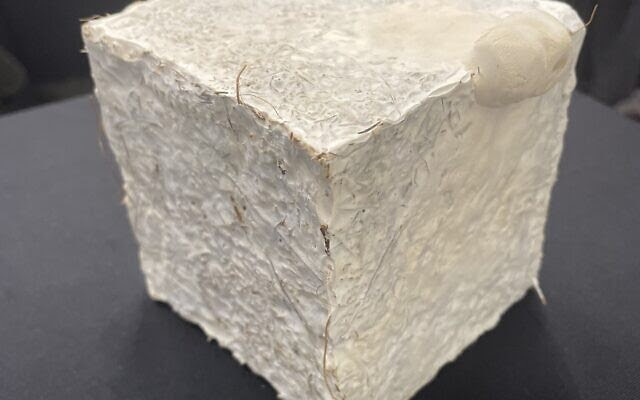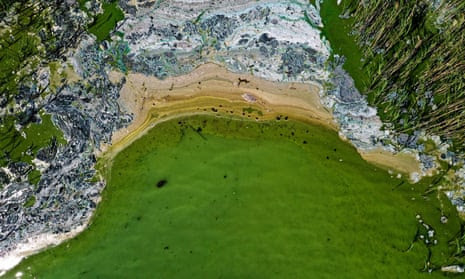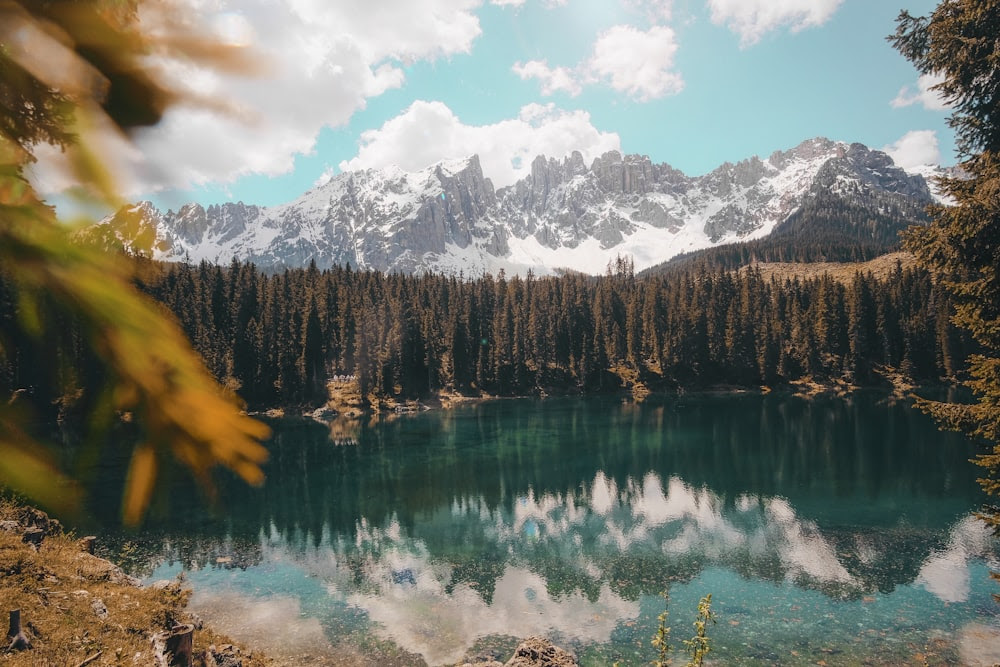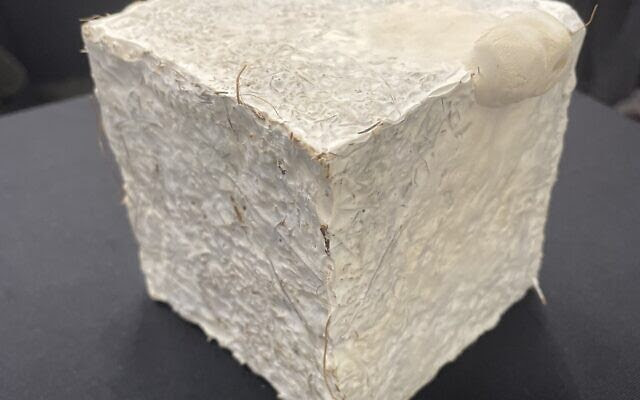
Alternatives to concrete, a highly polluting and energy-consuming material, are multiplying, as in Israel, for example, where a student at Ben-Gurion University has developed a building block based on mycelium, the vegetative apparatus of fungi, which is as solid and insulating as concrete and capable of absorbing CO2.
The mycelium or mushroom spawn has notably already been used by a French company in 2019 to make an ashtray capable of breaking down cigarette butts. The mycelium had also been the subject of a study in 2022 concerning the communication between mushrooms and these fibers are already used in the plastic, leather, textile or food industries.
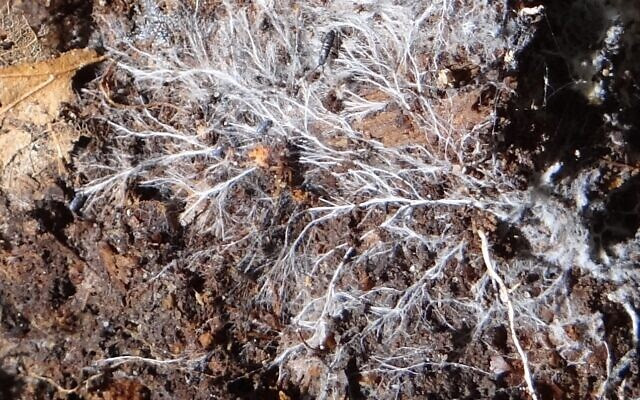
At the 50th conference of the Israeli Society for Ecology and Environmental Sciences held in Tel Aviv, Achiya Livne presented this new material that can be considered an alternative to concrete, which is responsible, according to the student, for 40% of energy consumption in the world. The use of mycelium could make it possible to develop sustainable insulation for buildings and contribute to limiting the use of concrete, the global production of which is estimated at thirty-three billion tons per year.
Achiya Livne’s work was published in September 2022 in the journal ACS Publications. Achiya Livne originally used mycelium as a binder for agricultural waste because it is usually used to break down organic matter in the soil. Since mycelium is very strong and easy to grow, he came up with the idea of making a block of insulation that also consists of rapeseed straw that can capture CO2. The combination of the two natural materials avoids producing new material, unlike the production of concrete, depleting non-renewable resources and generating environmentally harmful waste. According to Achiya Livne, the use of mycelium blocks can perfectly substitute traditional construction and insulation practices.

